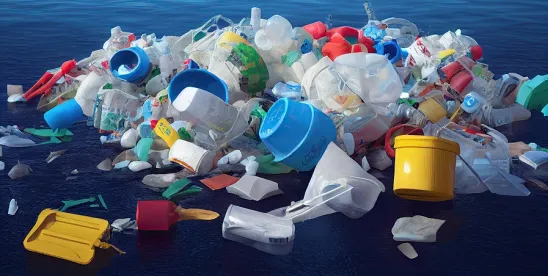Our latest Latest updates on Per- and Polyfluorinated Substances (PFAS) across Europe.
European Union
Designated Commissioners on PFAS: Jessika Roswall, designated Commissioner for Environment, Water Resilience, and a Competitive Circular Economy, and Stéphane Séjourné, designated Executive Vice-President for Prosperity and Industrial Strategy, will undergo candidate hearings in the EU Parliament before a confirmation vote. As outlined in their prepared responses made public earlier this month, both commissioners will pledge, under the current universal PFAS restriction proposal, to ban harmful PFAS in consumer products such as cosmetics, food contact materials, and outdoor clothing. For industrial uses without suitable alternatives, they support continued use under strict conditions until safer substitutes are developed, providing incentives for businesses. Hearings for Roswall are scheduled for Tuesday, November 5, and for Séjourné on Tuesday, November 12.
Regulation of the ECHA: Delays in the operations of the European Chemicals Agency (ECHA), notably in assessing the PFAS restriction proposal, have led ten EU countries to request the European Commission expedite the adoption of a new regulation for the ECHA. This regulation, initially announced in 2020 as part of the sustainable chemicals strategy, aims to enhance the agency’s capabilities and ensure it has adequate resources.
EU Member States
France: Developments continue around the expansion of a facility emitting PFAS in the Rhône region. After the Minister of Ecological Transition appealed the prefect’s decision to conduct an environmental evaluation before approving the project, the prefect once again, in September, requested an environmental assessment and submitted it for public consultation. On October 4, Green Party lawmakers criticized, in a letter made public, the Ministry’s “surprising” and unexplained appeal, suggesting it neglects the precautionary principle. The minister’s office has indicated that her response will be directed to the five lawmakers personally.
Other
Blue Manifesto Calling to Ban PFAS: NGOs have launched a “blue manifesto” aimed at protecting marine biodiversity by 2030. A key demand is for the European Commission to ban PFAS to reduce ocean pollution. These organizations stress the urgent need for legislation that addresses the detrimental impact of PFAS on marine ecosystems and advocate for coherent EU policies to protect the ocean.
WSP Study Confirms Need for PFAS-Free Alternatives: A recent WSP study emphasizes the need for PFAS-free materials, particularly in green energy and transport sectors, while noting significant data gaps. Key areas include:
- Medical Devices: Implantable devices and inhalers
- Industrial Uses: Insulation and sealants
- Green Energy: Fuel cells and batteries
- Transport: Adhesives and insulation
Three identified alternatives—PEEK, polyamides, and UHMW-PE—can replace PFAS in some applications, though not all sectors are adequately addressed, especially critical ones.
Scientists Urge UK to Regulate PFAS: A group of 59 scientists is urging the UK government to strengthen its PFAS regulations, advocating for a unified approach similar to the EU’s broader restrictions covering over 10,000 substances. In an October 23 letter, they criticized the UK’s current analysis for excluding thousands of PFAS and cautioned that narrow definitions could result in harmful substitutions. They raised concerns about the exclusion of certain fluoropolymers linked to significant PFAS emissions and associated health risks.





 />i
/>i
